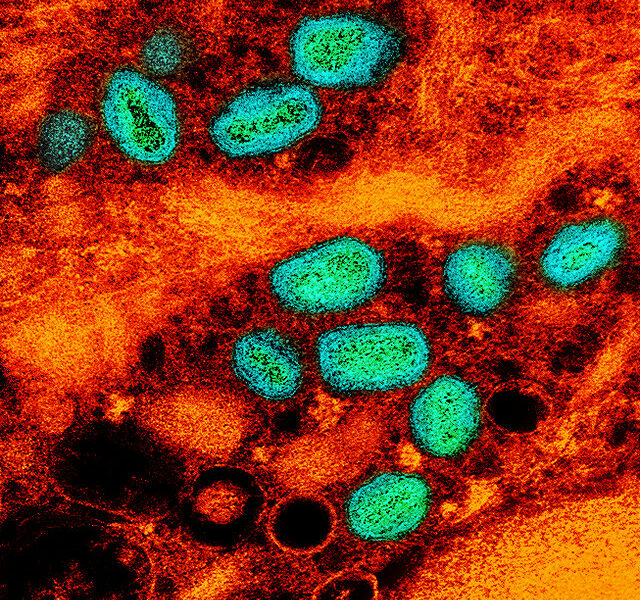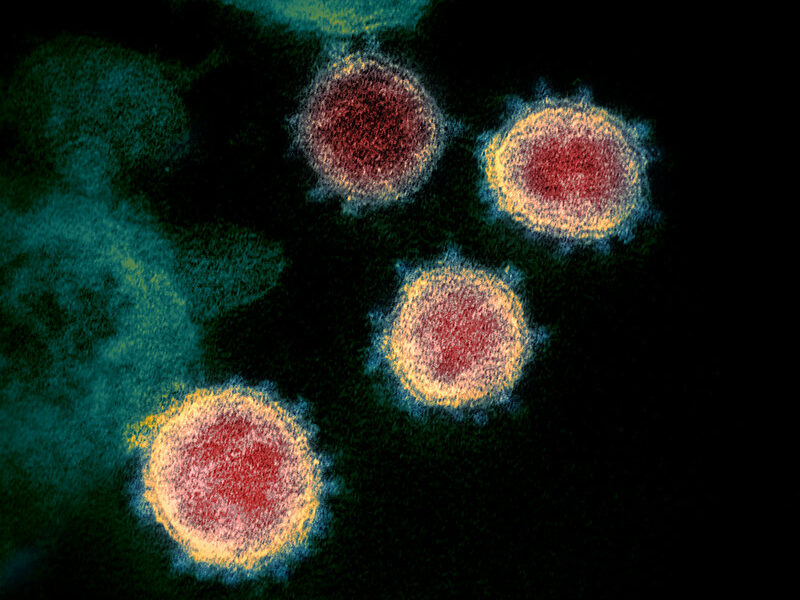A 31-year old Montevideo resident went to the hospital on February 9, 2016 after experiencing fever and joint pain – two classic symptoms of Dengue fever [1-5, 8]. The patient had no recent travel history outside of Uruguay and tested positive for Dengue Serotype 1 (DEN-1), thereby becoming the country’s first autochthonous – locally transmitted – case [7-9].
Located in South America, Uruguay was one of the few countries in the region where Dengue had not become prevalent [6]. Yet, as of March 10, 2016, one month after the first confirmed case, there have been 570 suspected and 17 confirmed cases of Dengue fever in Uruguay [7, 9]. The majority of these cases have occurred in Montevideo, which is home to 1.5 million people, roughly half of the country’s population [9]. The remaining cases have occurred in Canelones and Salto [9].
What is Dengue?
Dengue fever is a viral disease transmitted to humans through the bite of an infected female Anopheles mosquito [1-5]. Dengue can be found in tropical and sub-tropical climates across the globe, primarily in urban and semi-urban areas [5]. This places about half of the world’s population at risk [5]. The incubation period – the time between exposure to a pathogen and the appearance of symptoms – for Dengue fever is 4 to 10 days [5]. Symptoms last about 2 to 7 days and include: high fever, severe headache, pain behind the eyes, muscle and joint pain, nausea, vomiting, and swollen glands [1-5].
Since there is currently no specific treatment or vaccine against Dengue, vector control is the most effective prevention method [5]. The primary Dengue vector in South America is the Aedes aegypti mosquito [2,5]. The Aedes aegypti mosquito is also capable of transmitting Yellow Fever, Chikungunya, and Zika virus [2]. Although these diseases are also common in the region, there have been no cases in Uruguay thus far [6]. These mosquitoes are daytime feeders that prefer urban habitats, bite multiple humans during each feeding period, and breed primarily in man-made containers such as water tanks, plastic bottles, discarded tires, and flower pots [1-2,5]. An infected mosquito is capable of transmitting the virus for the remainder of its life [5].
Uruguay’s Response
The emergence of Dengue in Uruguay implies that an environment favorable for Aedes aegypti mosquito proliferation has emerged [9]. In fact, Aedes aegypti larvae were discovered within the homes of Uruguay’s confirmed cases [6]. Health officials found larvae in household items such as flower pots, dressers, and water bowls for pets [6].
Prevention and control of Dengue relies heavily on eliminating Aedes aegypti breeding sites and reducing contact between mosquitoes and humans. Therefore, Uruguay health officials are focusing on strengthening vector control, clinical management, and emergency risk communications [9]. Additionally, an aid team consisting of an epidemiologist, entomologist, and risk communication specialist, has been dispatched to Uruguay [9]. Neighborhoods within Montevideo have been fumigated and public service announcements have instructed individuals to eradicate standing water sites within their households [6]. Furthermore, the public has been advised to avoid mosquito bites by regularly using repellents and wearing light colored, long sleeved shirts, as well as pants [9]. Since the Aedes aegypti mosquito is active during the day, young children, or any other individuals who sleep during the day, are encouraged to use mosquito bed nets [9].
—
Sources
- http://www.bbc.com/news/world-latin-america 32589268#sthash.csLVq56t.dpuf
- http://www.wsj.com/articles/drought-stricken-sao-paulo-battles-dengue-fever-outbreak-1425420508#sthash.csLVq56t.dpuf
- http://outbreaknewstoday.com/dengue-cases-rise-in-brazil-as-does-dengue-spending-90861/#sthash.csLVq56t.dpuf
- http://www.wsj.com/articles/brazil-city-calls-in-army-to-fight-dengue-1429292950#sthash.csLVq56t.dpuf
- http://www.who.int/mediacentre/factsheets/fs117/en/#sthash.csLVq56t.dpuf
- http://latino.foxnews.com/latino/news/2016/02/28/mosquito-larvae-found-in-uruguayan-houses-infected-with-dengue/
- http://outbreaknewstoday.com/uruguay-reports-increase-in-dengue-fever-particularly-in-montevideo-64116/
- http://outbreaknewstoday.com/dengue-fever-uruguays-1st-local-transmission-brazil-tops-100000-cases-in-january-79425/
- http://www.who.int/csr/don/10-march-2016-dengue-uruguay/en/

